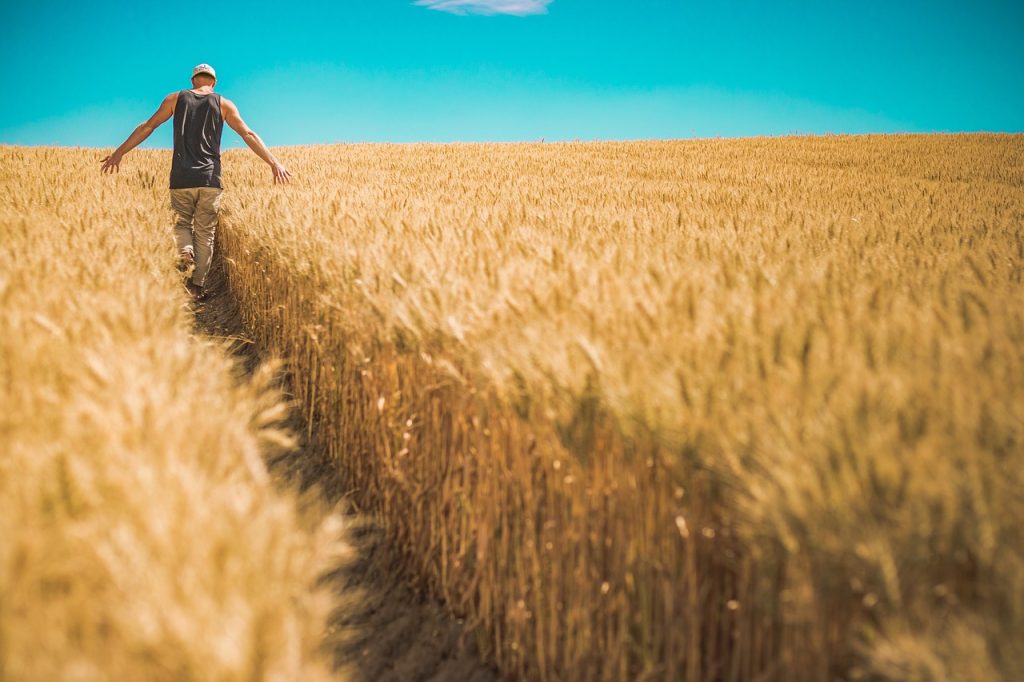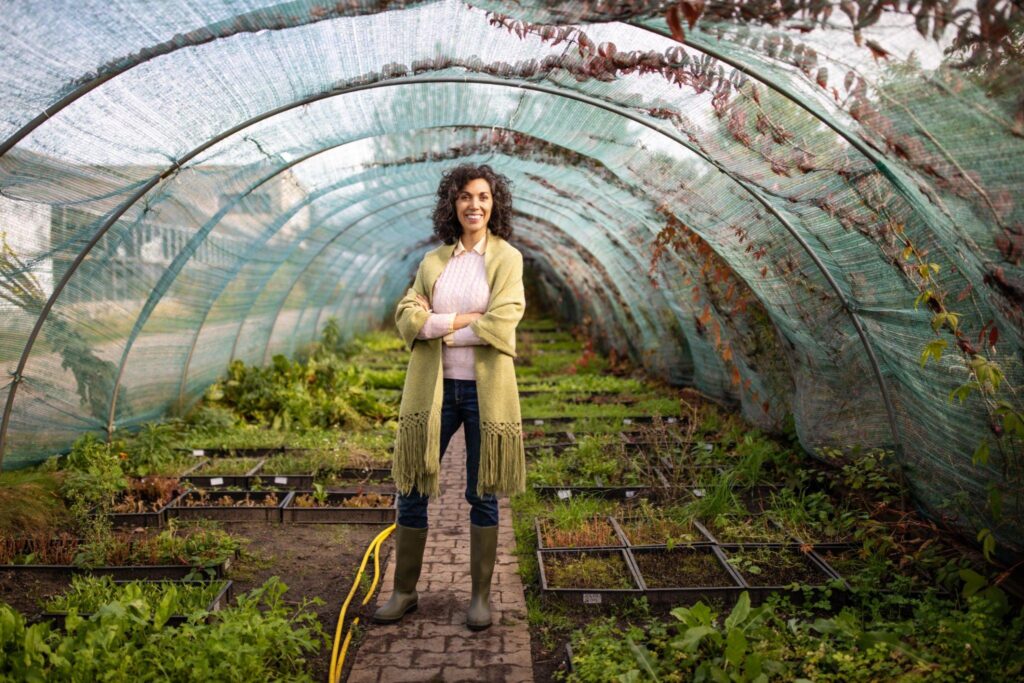Climate change is an urgent issue that affects many aspects of our lives, including agriculture. The agricultural industry is one of the most affected by climate change, as shifts in temperature and rainfall patterns can impact the growth of crops and reduce soil productivity. In this article, we will discuss the impact of climate change on agriculture and how farmers are adapting to this new reality.
The Impact of Climate Change on Agriculture
Climate change is causing a range of challenges for farmers around the world, including:
- Changes in Growing Seasons: Rising temperatures and unpredictable weather patterns are causing shifts in growing seasons, making it harder for farmers to plan when to plant and harvest crops.
- Water Scarcity: Droughts and water shortages are becoming more common, making it harder for farmers to grow crops, particularly in areas that rely on irrigation.
- Pests and Diseases: Changes in temperature and rainfall patterns are creating new environments in that pests and diseases can thrive, leading to increased pressure on crops.
- Soil Degradation: Changes in temperature and rainfall patterns can lead to soil degradation, reducing the productivity of the land and the quality of the crops.
How Farmers Are Adapting
Despite the challenges, many farmers are adapting to the changing climate in innovative ways, such as:
- Crop Diversification: Farmers are diversifying their crops to reduce the risks associated with weather and pest pressures. By growing a range of crops, farmers can better adapt to changing conditions.
- Improved Water Management: Farmers are developing new techniques for irrigation that are more efficient and can better conserve water resources.
- Plant Breeding: Plant breeders are developing new crop varieties that are more resilient to climate change, such as drought-resistant crops.
- Soil Conservation: Farmers are implementing soil conservation techniques, such as cover cropping and reduced tillage, to help protect the quality of the soil.
- Agroforestry: Agroforestry involves integrating trees with crops and livestock to create more resilient and sustainable farming systems.
The Benefits of Adapting to Climate Change
Adapting to climate change has numerous benefits, including:
- Increased Resilience: By adapting to the changing climate, farmers can better protect their crops and livelihoods from the effects of extreme weather events and other climate-related risks.
- Improved Productivity: Innovative farming techniques, such as crop diversification and improved water management, can lead to increased productivity and profitability.
- Environmental Sustainability: Adapting to climate change can lead to more sustainable farming practices, such as agroforestry and soil conservation, that can help reduce greenhouse gas emissions and protect our natural resources.
Read More about How to maintain a Healthy Greenhouse Environment
Conclusion
Climate change is a pressing issue that affects agriculture, but farmers around the world are adapting to this new reality in innovative and sustainable ways. By diversifying crops, improving water management, developing new crop varieties, and implementing soil conservation techniques, farmers can increase their resilience and productivity while also helping to protect the environment for future generations.


